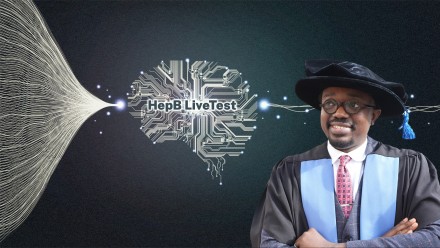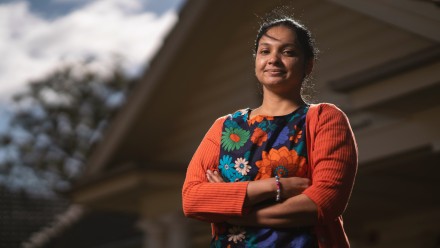Celebrating International Day of Women and Girls in Science
Share
This International Day of Women and Girls in Science, we are celebrating the many amazing women at NCEPH who are at the forefront of groundbreaking research, with the goal of improving health and wellbeing for everyone.
Embracing women in science not only promotes gender equality but also fosters a multitude of perspectives and methodologies that are critical for tackling complex scientific challenges.
“We need a diversity of perspectives to find solutions to complex problems, and this is unlikely if only a fraction of voices are being heard,” notes Associate Professor Aparna Lal.
“I think we need to stop viewing ‘gender’ as a source of inequality, but rather a source of strength.”
Let’s delve into some of the recent exceptional contributions and achievements made by our women scientists, and celebrate the strengths they brought to the scientific community.
A higher dose of magnesium each day keeps dementia at bay
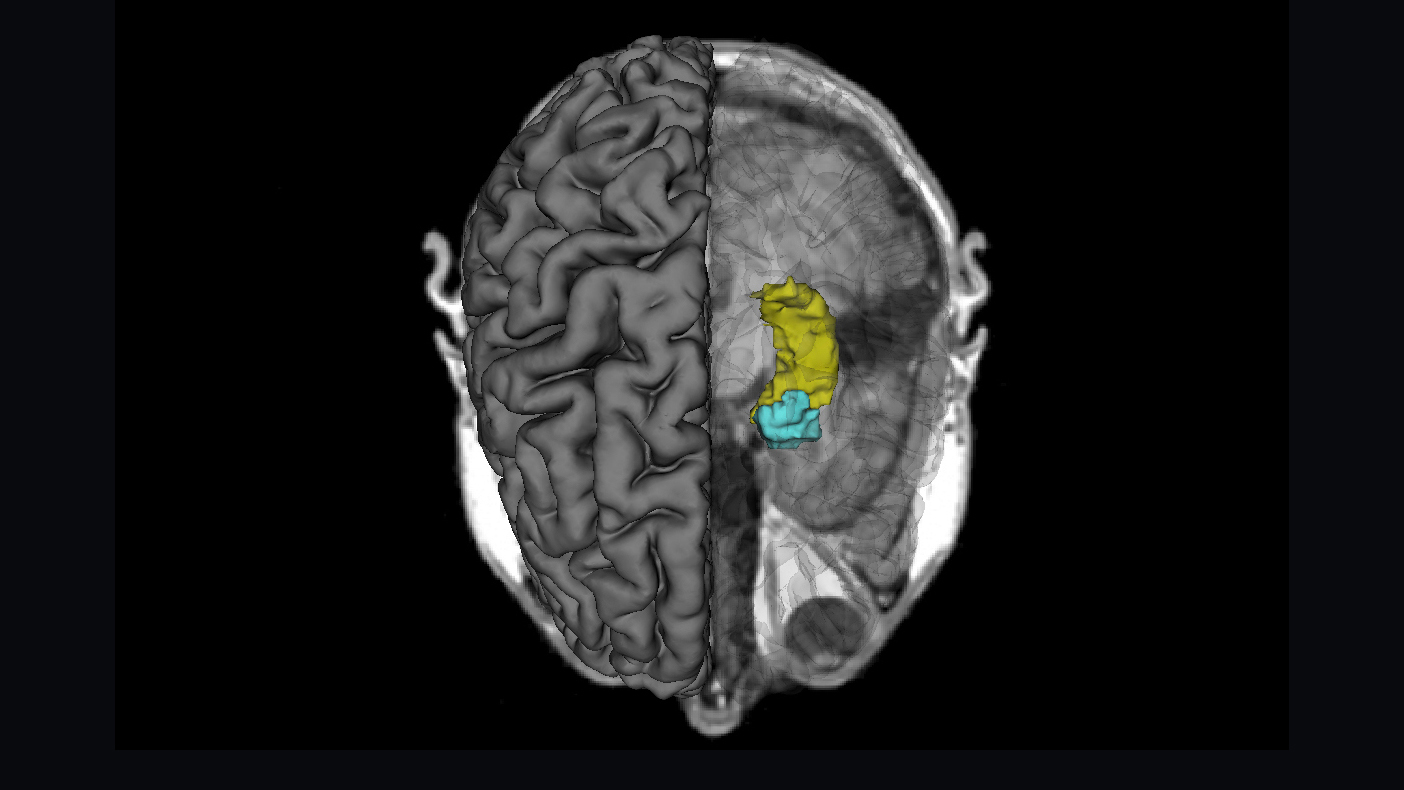
Scientists from the NCEPH’s Neuroimaging and Brain Lab revealed that as we age, more magnesium in our daily diet leads to better brain health.
Lead author and PhD researcher Khawlah Alateeq demonstrated that a 41 per cent increase in magnesium intake could lead to less age-related brain shrinkage, which is associated with better cognitive function and lower risk or delayed onset of dementia in later life.
Researchers say an increased intake of magnesium-rich foods, such as spinach and nuts, could also help reduce the risk of dementia.
The findings of the research could inform the development of public health interventions aimed at promoting healthy brain ageing through dietary strategies.
Poor sleep can impact brain health
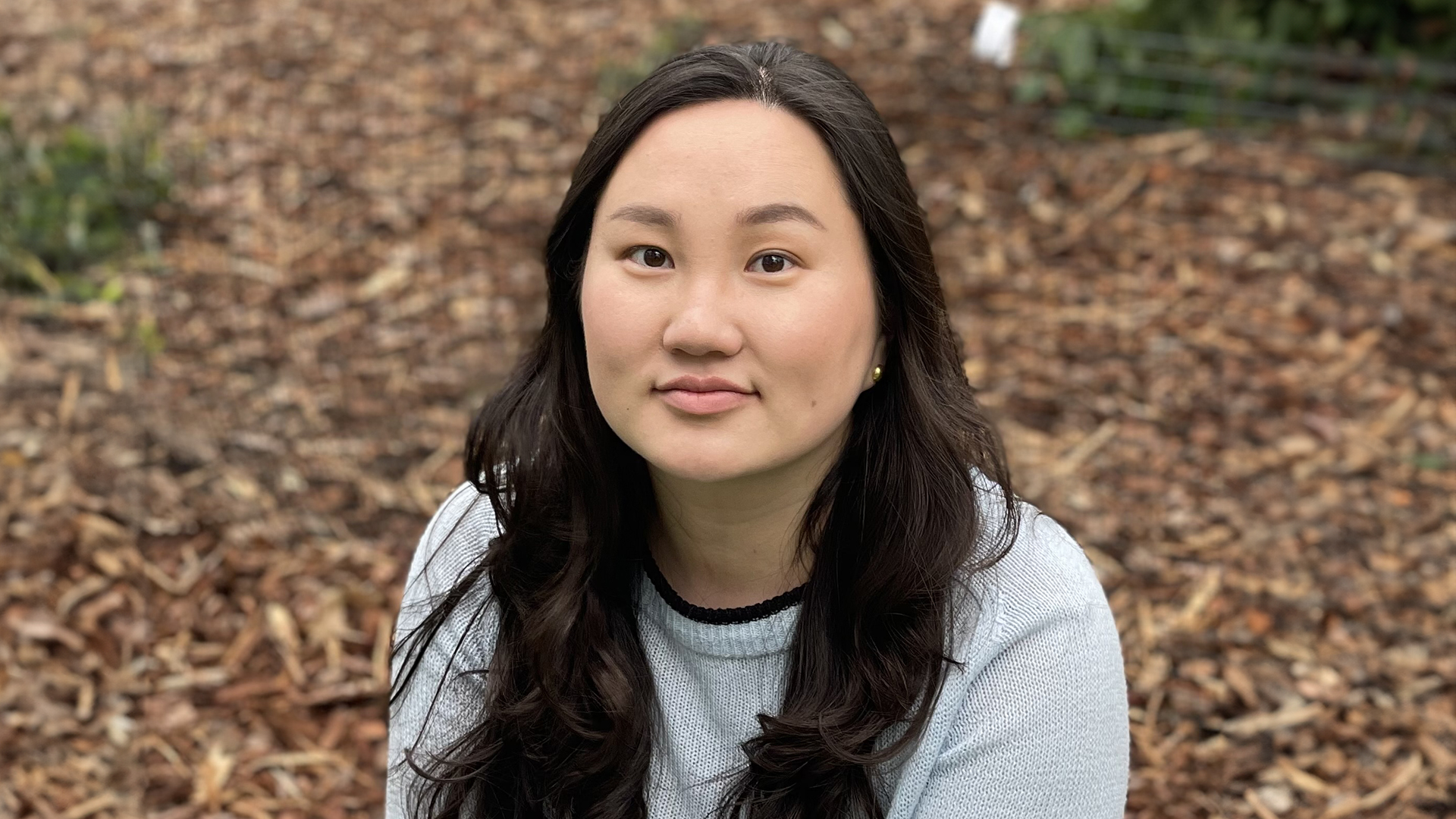
A study led by PhD candidate Dr Tergel Namsrai sheds light on the negative impact that poor sleep in middle age can have on brain health.
The study looked at the sleep habits of over 29,000 people aged between 37 and 73 and could provide the basis for helping to combat major diseases like dementia.
“Getting more than nine hours of sleep a day or less than six hours were both associated with lower brain volume and cognitive measures—crucial for things like reaction time and memory,” Dr Namsrai said.
While the underlying mechanisms are not well understood, the study shows that sleep patterns could be an important target to improve brain health into old age and delay the onset of dementia.
Using maths to help Australia’s biosecurity
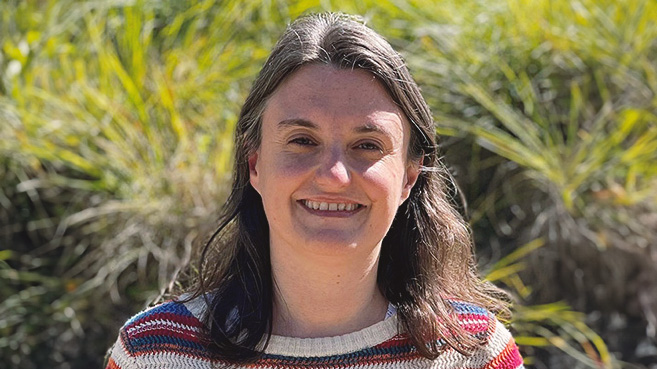
Professor Katie Glass and her team are revolutionising Australia’s biosecurity measures by developing better detection methodologies for pests and disease.
With an $850,000 ARC Linkage grant, the team will be providing the tools that solve specific mathematical and statistical problems to make existing surveillance more efficient.
“Through this research, we will develop a suite of tools and an understanding of general problems which will allow us to respond better and faster to new and emerging problems,” said Professor Glass.
For the purpose of the grant, they are examining five case studies: imported frozen prawns, African swine fever, lymphatic filariasis, culicoides, and cucumber green mottle mosaic virus.
Revealing pain patterns among cancer survivors
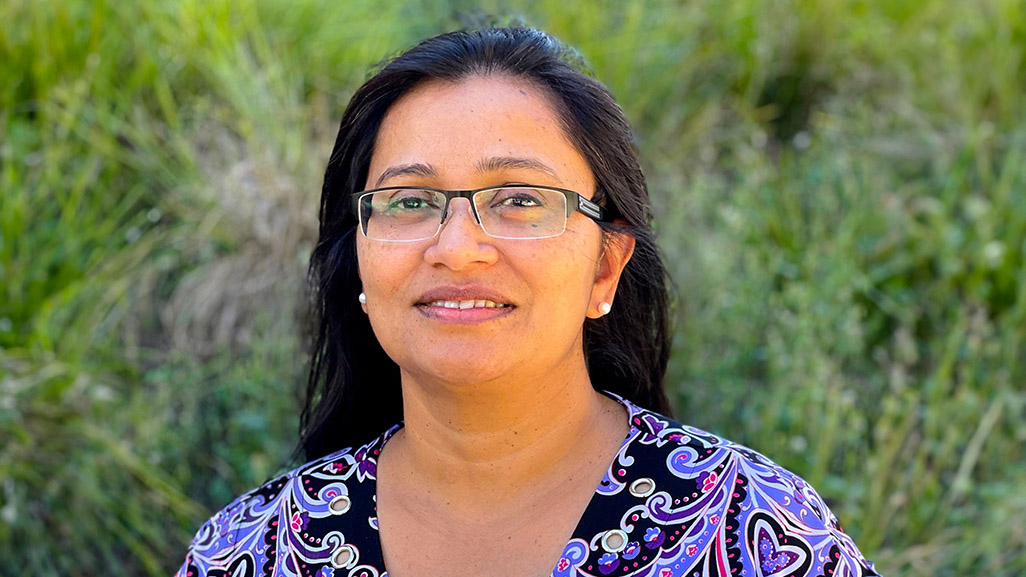
Associate Professor Grace Joshy AM and colleagues investigated the levels of pain experienced by cancer survivors through the world’s largest study to date.
With cancer survival rates increasing, noted Associate Professor Joshy, it is more important than ever to focus on the health and quality of life of survivors.
“Using data from more than 16,000 cancer survivors with 13 different types of cancer - both common and less common - and over 100,000 people without cancer, we were able to compare the experiences of cancer survivors with that of the general population,” Associate Professor Joshy said.
The study showed that many people with cancer are affected by pain, and should lead to options for better care. The results highlighted stages in the cancer journey and cancer types where pain is most common, as well as providing cause for optimism for most people living with cancer.
NCEPH women honoured with major public health awards
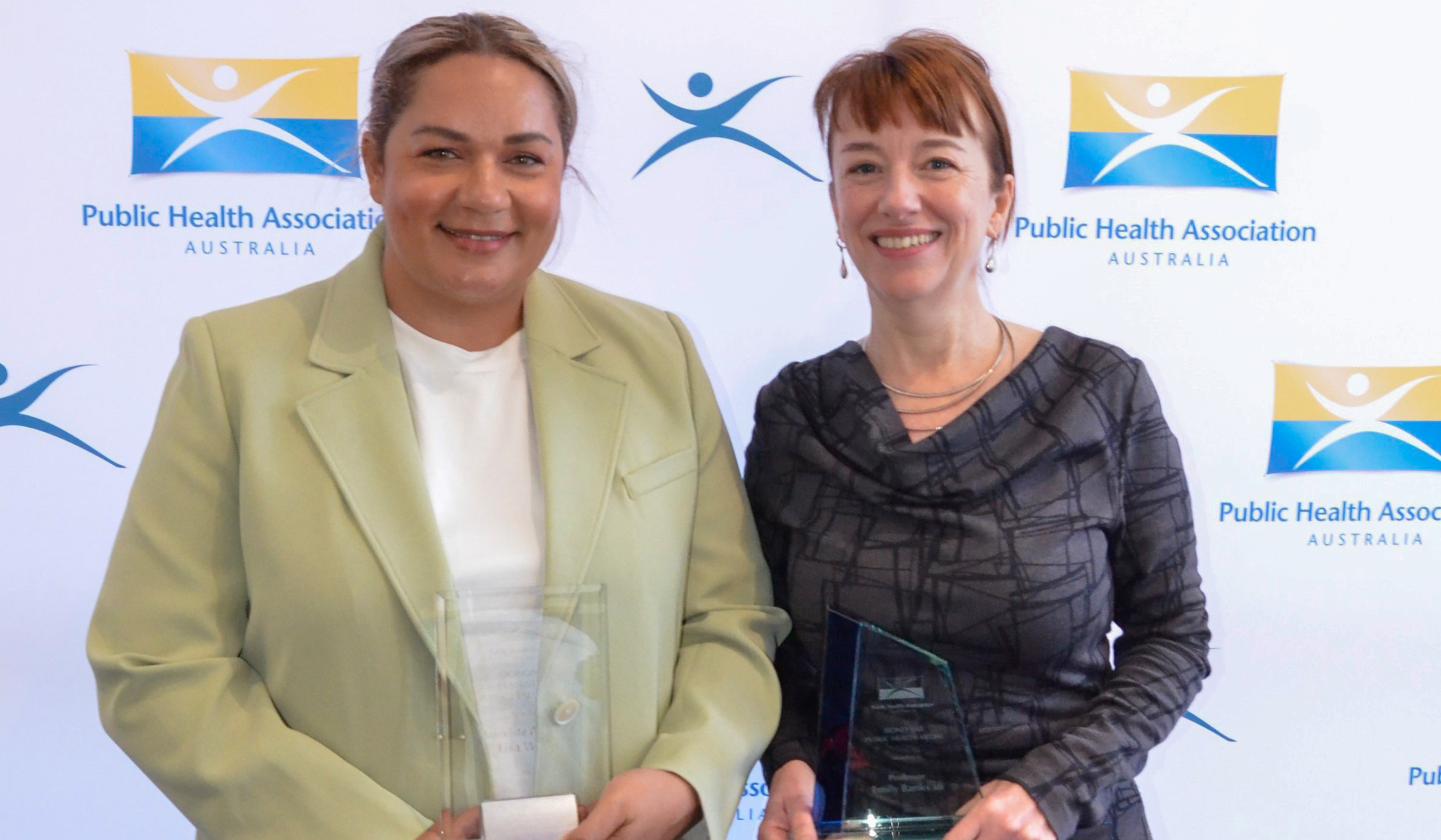
Last year, women from NCEPH received prestigious public health awards, exemplifying their dedication and impact in the field.
Professor Emily Banks AM was presented with the Sidney Sax Public Health Medal for her outstanding contributions to public health nationally and internationally.
Associate Professor Lisa Whop from the National Centre for Aboriginal and Torres Strait Islander Wellbeing Research recognised with the Aboriginal and Torres Strait Islander Public Health Award for her work in cervical cancer prevention among Indigenous populations.
You can find out more about NCEPH research in Discover NCEPH—a publication that highlights our people and work in 2022-2023.





